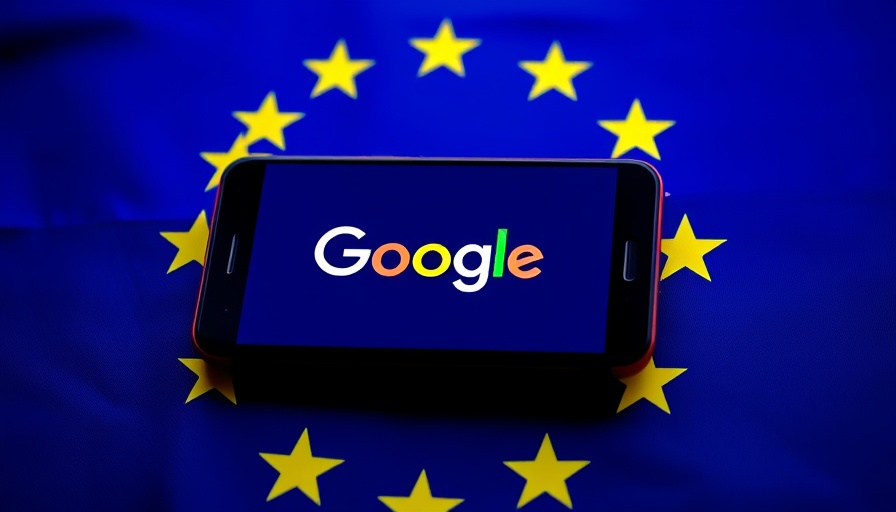
Signal's New Backup Features: A Game Changer for Secure Messaging
Signal, the renowned messaging app known for its stringent privacy protocols, is fundamentally enhancing user experience with the introduction of new backup plans. Historically, users faced significant dilemmas if they lost or broke their devices, as the platform lacked any backup feature. Now, Signal allows users to safely store their conversations, marking its evolution towards becoming a more versatile tool for secure communications.
Understanding the Backup Options
The newly introduced free tier permits users to enjoy 100MB of storage for text messages and the last 45 days' worth of media. This particular offer addresses the needs of even the most active users while ensuring that precious exchange history is preserved. Additionally, a paid plan priced at $1.99 per month provides a generous 100GB of storage, catering to individuals requiring extensive data resources.
Privacy at the Core of Signal's Innovations
A critical aspect of Signal's backup feature is its commitment to user privacy. Utilizing zero-knowledge technology, the app secures backups in a manner that ensures data is not tied to specific users or payment methods. Users receive a 64-character recovery key, generated on their devices, emphasizing the platform's commitment to maintaining confidentiality.
Future Prospects and Cross-Platform Availability
Currently, this feature is available exclusively on the beta version of Signal's Android app, with plans for cross-platform capability in the near future. As Signal develops its technology further, users might eventually be able to save backup archives in locations of their choosing, which could introduce new levels of convenience.
Contextual Analysis: The Competitive Messaging Landscape
This move comes amid intensifying competition in the messaging realm, particularly from apps like WhatsApp, which provide optional end-to-end backup features. Signal's proactive adjustments not only contrast with its rivals but also highlight its commitment to safeguarding user data while enhancing functionality. As healthcare professionals increasingly leverage technology for secure communication, the implications of such innovations are significant, especially in transmitting sensitive information.
As Signal continues to refine its services in alignment with user demands, understanding these backup features becomes crucial for healthcare-associated personnel who prioritize secure message exchanges. Users must adapt to these innovations to ensure efficient communication in the healthcare sector.
 Add Row
Add Row  Add
Add 




Write A Comment